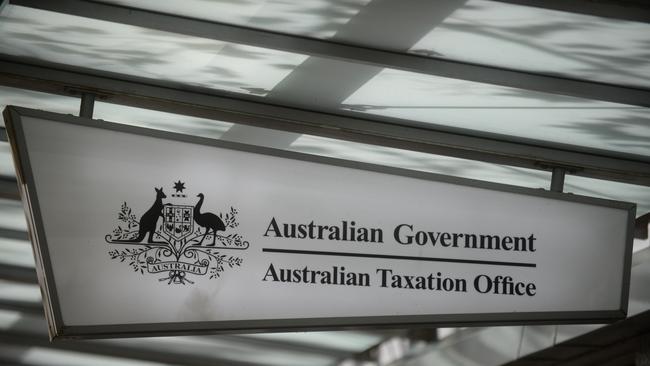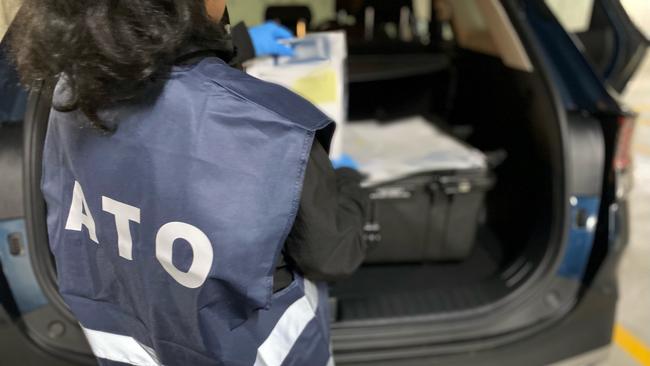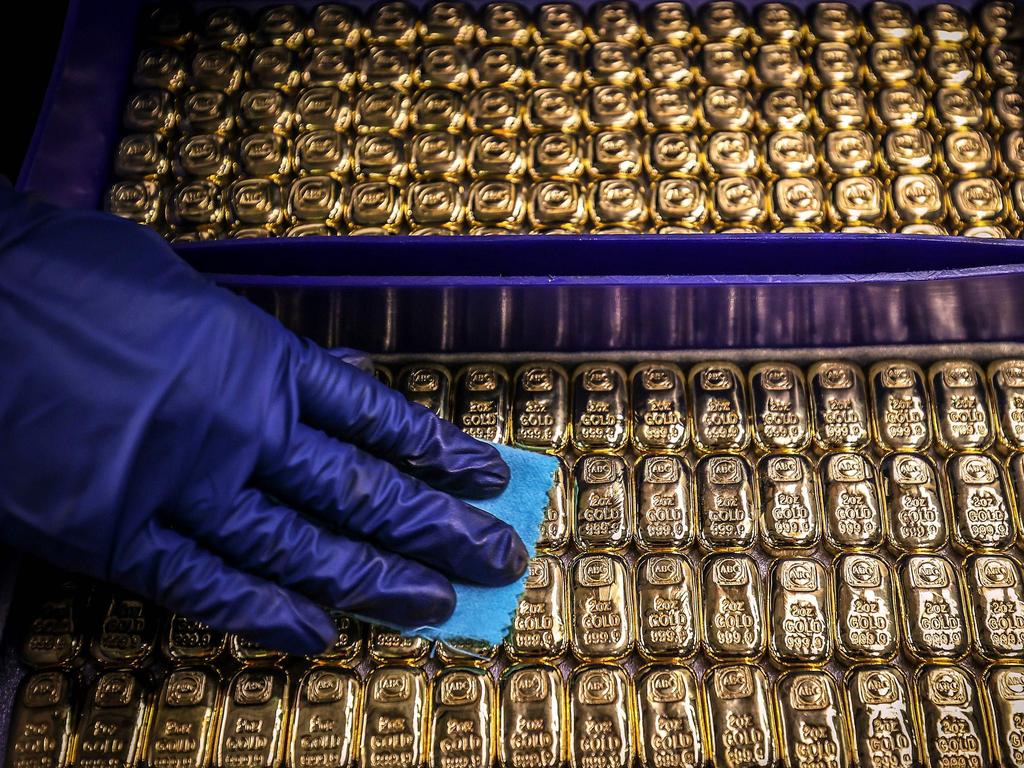
In the five years to December 2016 the Australian states were defrauded of at least $2.5bn in GST arising from gold trading. Australia’s previous largest fraud – the John Friedrich fiasco between 1983 and 1988 – totalled around $1.3bn in 2023 dollars.
Material uncovered in the seven years of ATO legal cases since 2016 showed that the GST money was stolen and sent overseas by people with close Middle Eastern connections, and almost certainly went to terrorists.
The ATO originally incorrectly thought that the thieves were linked to the gold refiners. But instead of prosecuting them, the ATO began sending the refiners into insolvency by withholding GST refunds and other acts. Australia lost not only $2.5bn to the Middle East but large segments of what was once a thriving gold refining industry.
According to the Inspector-General of Taxation, the ATO had been concerned about weakness in its gold GST collection systems as far back as 2012. (The $2.5bn loss estimate is contained in an Inspector-General report.)
But the ATO rules were not changed to stop the $2.5bn theft until I publicly disclosed the scandal on December 6, 2016, under the heading “Crooks exploit legal loophole in multimillion-dollar gold scam”.
Within a month of that commentary the ATO finally took the blocking action it should have taken in 2012-13 or much earlier.
After the January 2017 blocking action, the ATO started court actions against refiners. Then followed seven years of legal cases where the ATO lost on all counts, apart from a few wins in lower jurisdictions which were overturned by higher courts.
The courts ruled the refiners were obeying the law and totally innocent and indeed had been warning the ATO that the thefts of GST were taking place.
The case that finally ended the cover-up went before the Administrative Appeals Tribunal Deputy President Frank O’Loughlin KC.
The ATO tried to prove that the system of gold refining used around the world when applied to Australia was actually a section 165 avoidance scheme. In rejecting the ATO application the tribunal declared that applying Division 165 would have extraordinarily severe consequences on the refiner “who did not participate in the fraud, rather than the Fraudulent Suppliers who were the perpetrators that benefited directly from their fraud”.
Lawyers calculate that the ATO must have spent about $50m of taxpayer money hiring some of Australia’s best silks.

Had the ATO’s legal campaign succeeded in any of the cases the Commonwealth would not have received any money, because the defendants were insolvent – usually as a result of ATO actions.
Whether unintentionally or intentionally. the seven years of court cases chasing innocent people instead of the thieves concealed the fraud from the states and the public. Federal politicians asked ATO officials about the gold affair but were never told what happened.
Whether the states can claim the money from the Commonwealth will be a question of law.
Clearly they now have available all the evidence that was put forward in the seven years of legal cases to help sue the Commonwealth on the basis of improperly managing the collection of their money.
The saga starts when former treasurer Peter Costello introduced the GST in Australia in 2000. One of the problems he faced was deciding how gold should be handled, given that the yellow metal in pure gold bars was in fact currency.
Costello followed the British laws and declared that when people traded pure gold bars there should be no GST, but if they traded a gold bar that had been cut in half or where there were impurities that must be refined out, then GST would be payable on the transaction.
Three years after Australian GST was introduced, Britain discovered its system was vulnerable to fraud and suffered big losses. In 2003 Britain changed its rules, as did most other countries that had followed British practice.
While Australia had based its GST on the flawed British system, it did not follow the 2003 British changes and so was vulnerable. It took some years for global criminal syndicates to realise that Australia was still using the flawed system.
Around 2010 and 2011, the volume of gold being refined in Australia rose tenfold.
The investment market for gold is confined to bars of pure gold. Any pure gold that is made impure with the addition of impurities must be refined again in the same way as traditional scrap gold and gold from mines.
Impure or scrap gold was sold to refiners, who paid the sellers a price that was based on the gold price of the day plus 10 per cent GST.
The rogue sellers – the Middle Eastern-linked traders – were supposed to send the GST back to the government, but they disappeared, taking the GST money with them.
The refiners claimed back the GST they paid to the rogue traders in their next business activity statement. These amounts were required under Australian law to be paid to the refiners by the ATO, although the tax office never received the money from the rogue traders.
The Middle Eastern traders were sophisticated and had ABN numbers, bank accounts and other documentation. Once this material became part of court evidence it was easy to see a pattern, showing who was involved. There were no substantial prosecutions.
The states’ GST money ended up in Lebanon and other Middle Eastern centres.
Around 2013, the Australian Federal Police, tax officials and others raided a number of refineries. They stormed into the homes of executives as well as the offices of the refineries.
Some of actual culprits were also raided but they were not the key criminals, so the frauds continued.
Regularly, ATO tax auditors would come to the premises of refiners but found nothing.
The ATO began squeezing the refiners out of business by refusing to refund the GST that the refiners had paid to suppliers. Banks began tightening credit.
Without taking any court action to prove their incorrect belief that the refiners were “guilty”, the ATO used these techniques to put out of business almost every privately owned refining group in Australia.
The $2.5bn loss of state GST money might never have been discovered, but one of the early targets was a precious metals industry company now known as ACN 154 520 199, which was formerly known as EBS & Associates and had been a subsidiary of the Pallion Group, but had been demerged out of Pallion many years earlier.
The Pallion Group is privately owned and is the largest precious metals services group in Australia. It incudes ABC Bullion and is owned by interests associated with the Cochineas, Gregg and Simpson families.
The Pallion Group staked very large sums to fund the liquidators in the actions brought by the ATO. Pallion and their family owners wanted to clear the name of the refining industry in Australia and expose what the ATO had done to a large number if innocent people.








The seven-year cover-up of Australia’s largest non-cyber fraud ended this week when the Australian Taxation Office lost its final legal action to recover gold GST from bankrupted gold refiners.